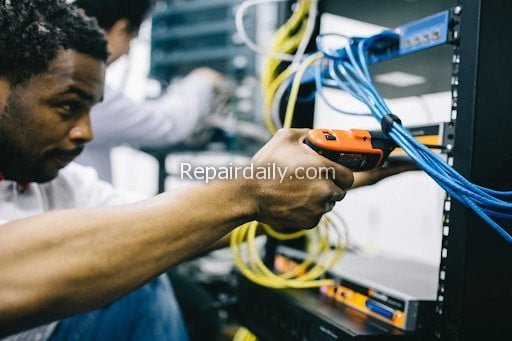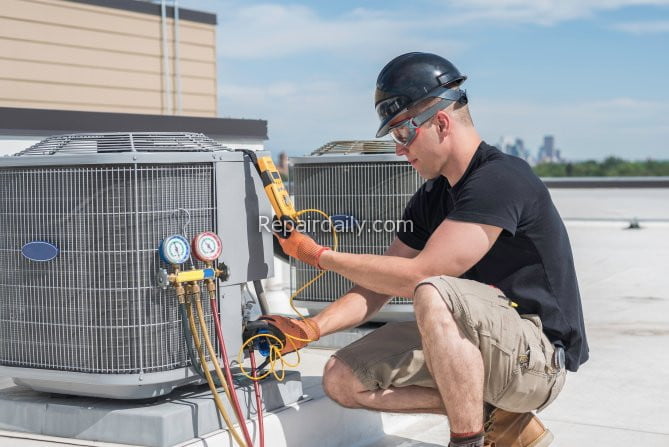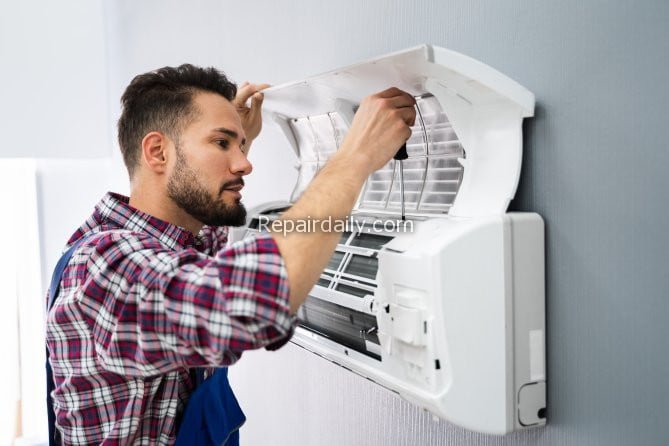
Lab equipment plays a crucial role in scientific research and development. From HPLC devices and mass spectrometers to gas chromatography systems, incubators, and low-temperature freezers, these tools ensure that experiments run smoothly and accurately. However, like any machinery, they require regular upkeep to function at their best. Let’s dive into the essentials of lab equipment repair and maintenance.
Regular Maintenance: The Key to Longevity
All scientific lab equipment requires periodic maintenance. This isn’t just a suggestion; it’s a necessity. Without regular upkeep, even the most robust devices can fail, leading to costly downtime and potentially skewed experimental results. Imagine running a series of tests only to find out that your gas chromatograph hasn’t been calibrated in months. The repercussions could be significant.
Regular maintenance can prevent these issues. For example, calibrating your mass spectrometer at recommended intervals ensures accurate readings. Similarly, cleaning and checking the seals on incubators and freezers can prevent contamination and maintain optimal conditions. It’s like taking your car for regular servicing. You wouldn’t skip an oil change, so why neglect your lab equipment?

DIY Maintenance: Simple Steps for Daily Care
While major repairs often require professional intervention, there are daily maintenance tasks that lab workers can handle. Wiping down surfaces, checking for visible wear and tear, and ensuring that all components are functioning correctly can go a long way. Take, for instance, the simple act of replacing filters in an HPLC device. It’s a quick task but can prevent significant malfunctions.
Labeling and organizing parts and tools can also help. A clutter-free workspace not only boosts efficiency but also reduces the risk of equipment damage. Keep a maintenance logbook for each piece of equipment. Record every check, repair, and part replacement. This log can be invaluable when troubleshooting issues or scheduling professional maintenance.
When to Call in the Pros
Not every issue can be fixed with a screwdriver and a manual. When your high-performance liquid chromatograph starts behaving unpredictably, it might be time to call in an expert like Peak BioServices. Out-of-warranty lab equipment, especially branded ones, can be expensive to service through the original equipment manufacturer (OEM). This is where third-party providers come in handy.

Third-party service providers often offer more affordable and flexible solutions. They can handle a wide range of equipment and are usually quicker to respond than big providers. Many lab managers have found these services invaluable. One lab manager I spoke with mentioned how switching to a third-party provider saved them thousands annually without compromising service quality.
Case Study: The Freezer Fiasco
Let me share a quick anecdote. A colleague once had a -80°C freezer go down in the middle of summer. The freezer held months’ worth of samples, and the lab was in a panic. They called the OEM, but the earliest service appointment was three weeks away. Desperate, they reached out to a local third-party service provider. The technician arrived the next day, diagnosed a simple thermostat failure, and had the freezer up and running within hours.
This incident underscores the importance of having reliable service contacts and understanding that not all solutions come from the big players. Flexibility and quick response times can make all the difference in a crisis.
Budgeting for Maintenance: A Smart Investment
Allocating budget for regular maintenance and potential repairs can save significant amounts in the long run. Skimping on maintenance might save money initially but can lead to costly repairs or replacements later. Think of it as investing in insurance. A little spending now can prevent a major expenditure down the road.
Consider setting aside a maintenance budget based on your equipment’s value and usage frequency. High-use items like HPLC devices and incubators might need more frequent checks and funds allocated for potential repairs. Budgeting for these needs can also help avoid financial surprises and ensure that your lab runs smoothly year-round.
Training Your Team
Empowering your team with the knowledge and skills to perform basic maintenance can be highly beneficial. Regular training sessions can help staff understand the importance of upkeep and teach them how to perform routine checks. A well-trained team can quickly identify potential issues before they escalate.
For example, showing your team how to handle and store delicate instruments can prevent accidental damage. Training them to recognize early signs of equipment failure, such as unusual noises or inconsistent performance, can lead to quicker resolutions.
Keeping Up with Technological Advances
Lab equipment technology evolves rapidly. Staying updated on the latest advancements can help in understanding new maintenance needs and techniques. Manufacturers often release software updates or new guidelines for optimal equipment performance. Keeping an eye on these updates can help you stay ahead of potential issues.
Subscribing to industry newsletters or joining professional forums can provide valuable insights and tips from fellow lab professionals. This continuous learning approach ensures that your team is not only maintaining current equipment effectively but also prepared for future technological shifts.
Conclusion: A Stitch in Time Saves Nine
In the lab, meticulous maintenance isn’t just about keeping equipment running. It’s about ensuring the integrity of your research, maintaining safety, and ultimately, saving time and money. Remember, whether it’s the daily wipe down of your HPLC or scheduling an annual check-up for your mass spectrometer, every small step counts.
By embracing regular maintenance, leveraging third-party services, budgeting wisely, training your team, and staying updated with technological advancements, you ensure the longevity and reliability of your lab equipment. And in the world of scientific research, that reliability can make all the difference.
So, take a moment today to check your maintenance logs, inspect your devices, and perhaps, reach out to that reliable third-party service provider. Your lab—and your future experiments—will thank you.
I'm so excited to tackle all my home improvement projects! From plumbing to DIY and cleaning - I'm ready to get down to work! #homerepair #homecleaning #plumbing #diy #fixerupper #realestate #renovation #interiordesign #farmhouse #diy #homedecor #hgtv #home #farmhousedecor #modernfarmhouse #farmhousestyle #fixerupperstyle #fixandflip #homerenovation #realestateinvesting #beforeandafter #homesweethome #remodel #realestateinvestor #interior #realtor #joannagaines #flippinghouses #countryliving #design #homedesign #farmhouseinspired #investmentproperty #bhghome #renovationproject #farmhousekitchen #homeimprovement #farmhouseliving #cottagestyle #decor #realestateagent #magnoliahome #homeinspo #magnoliamarket #kitchendesign #dreamhome #shiplap #construction #houseflipping #investor #farmhousedesign #architecture #farmhousechic #homereno #rusticdecor #reno #kitchenremodel #webuyhouses #magnoliatable #rentalproperty #fixerupperinspired #newhome #interiors #homeremodel

